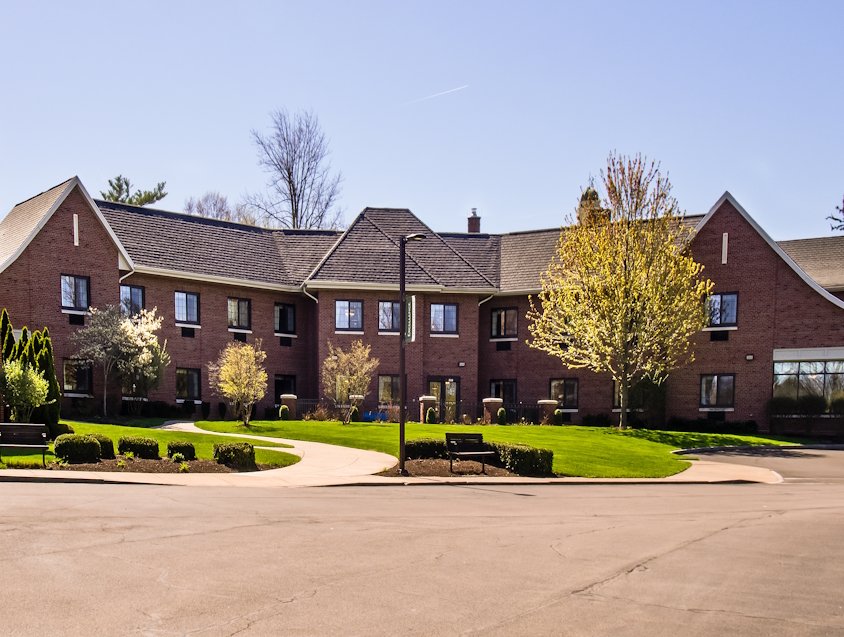Navigating the legal intricacies of probate can be a daunting task, especially during a time of loss and grief. In Cherry Hill, New Jersey, having a reliable probate attorney by your side can make all the difference. Probate attorneys specialize in guiding individuals through the complexities of the probate process, ensuring that assets are distributed according to the deceased’s wishes and in compliance with state laws
Probate in New Jersey:
Probate is the legal process through which the court validates a deceased person’s will, if one exists, and oversees the distribution of their assets. In New Jersey, probate laws govern how estates are administered, including the payment of debts, taxes, and distribution of assets to beneficiaries. The process can vary depending on factors such as the size of the estate, the presence of a will, and whether the estate is contested.
Roles of a Probate Attorney:
A probate attorney plays a crucial role in guiding executors, administrators, and beneficiaries through the probate process. They provide valuable legal expertise and support in various aspects, including:
1. Estate Planning: Probate attorneys can assist individuals in drafting wills, establishing trusts, and creating other estate planning documents to ensure their wishes are clearly outlined and legally enforceable.
2. Probate Administration: During the probate process, attorneys help navigate court procedures, gather and inventory assets, settle debts and taxes, and distribute assets to beneficiaries according to the terms of the will or state law.
3. Estate Litigation: In cases where disputes arise among heirs or beneficiaries, probate attorneys represent their clients’ interests in contested probate proceedings, including will contests, claims of undue influence, and disputes over asset distribution.
4. Tax Planning: Probate attorneys advise clients on tax implications related to estate administration, including estate taxes, inheritance taxes, and income taxes, helping minimize tax liabilities and maximize the value of the estate for beneficiaries.
5. Legal Counsel: Throughout the probate process, attorneys provide legal guidance, answer questions, and address concerns to ensure their clients’ interests are protected and the probate proceedings are conducted smoothly and efficiently.
Why Choose a Probate Attorney in Cherry Hill, New Jersey:
Cherry Hill residents facing the probate process can benefit greatly from the expertise of a local probate attorney. Here are some reasons why:
1. Knowledge of State Laws: Probate laws can vary from state to state. A probate attorney based in Cherry Hill, New Jersey, is familiar with the specific laws and procedures governing probate in the state, ensuring compliance and efficiency in estate administration.
2. Personalized Service: Local probate attorneys offer personalized service tailored to the needs and circumstances of their clients. They understand the unique challenges and complexities of probate cases in Cherry Hill and provide dedicated support every step of the way.
3. Accessibility and Convenience: Choosing a probate attorney in Cherry Hill means having easy access to legal assistance when you need it most. Whether you have questions, need to provide updates, or require representation in court, having a local attorney ensures convenience and accessibility.
4. Familiarity with Local Courts: Probate proceedings often involve appearances in local courts. A probate attorney in Cherry Hill has experience with the local court system, judges, and procedures, streamlining the process and minimizing delays.
Conclusion:
Probate can be a complex and challenging process, but with the guidance of a trusted probate attorney in Cherry Hill, New Jersey, individuals can navigate it with confidence and peace of mind. Whether you’re drafting estate planning documents, administering an estate, or facing probate litigation, a knowledgeable and experienced attorney can provide invaluable assistance every step of the way, ensuring that your loved one’s final wishes are honored and assets are distributed effectively.





